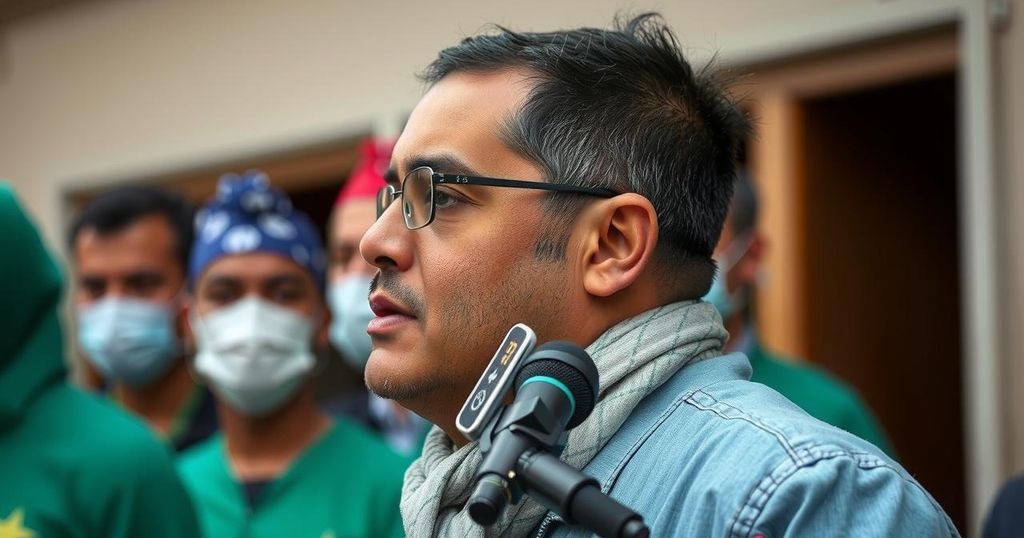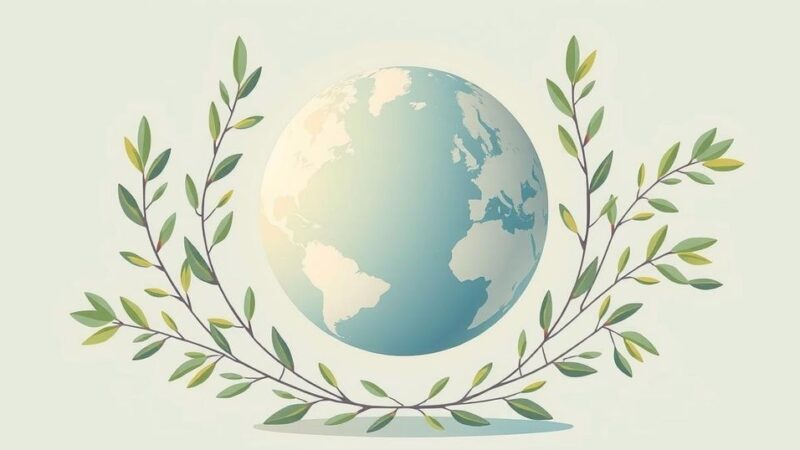Said Ait Mahdi, a Moroccan activist, has been sentenced to three months in prison after leading protests against the government’s response to a catastrophic earthquake that occurred in September 2023, resulting in nearly 3,000 deaths. Activists and human rights groups claim the sentencing is politically motivated and an act of repression against those advocating for earthquake victims’ rights. Following the disaster, the government’s recovery efforts have been heavily criticized for their efficacy.
In Morocco, prominent activist Said Ait Mahdi has received a three-month prison sentence following his leadership in protests criticizing the government’s response to a devastating earthquake. The September 2023 earthquake in the Al Haouz region claimed nearly 3,000 lives and obliterated numerous structures. Ait Mahdi faced various charges, including defamation and inciting unauthorized demonstrations, amidst accusations from activists that his sentencing was politically motivated and aimed at suppressing dissent. Human rights organizations have condemned his arrest, asserting that it is a reaction to his advocacy for the affected communities, further exacerbating concerns regarding civil liberties within the nation.
The case of Said Ait Mahdi highlights considerable tensions in Morocco regarding government accountability and civil rights. Following the earthquake, locals expressed dissatisfaction with recovery efforts, alleging mismanagement by officials. Protests have been ongoing in various towns as citizens demand better support and transparency from the government. The incident reveals the broader struggles of indigenous groups in Morocco, emphasizing the dire socio-economic disparities exacerbated by the disaster. Moreover, the Moroccan government has pledged substantial financial aid for recovery but faces criticism over the slow implementation of these measures.
The sentencing of Said Ait Mahdi serves as a flashpoint highlighting the ongoing struggle for civil liberties in Morocco. His case reflects a broader trend of governmental reprisal against activists advocating for the rights of marginalized communities affected by the recent earthquake. As protests persist, the demand for accountability and effective recovery measures continues to grow, raising significant questions about the future of civil rights in the country. The response from international human rights organizations underscores the importance of monitoring the situation.
Original Source: www.newsday.com






